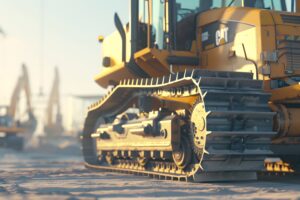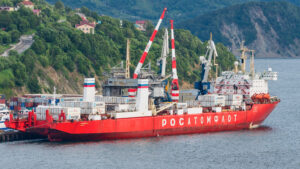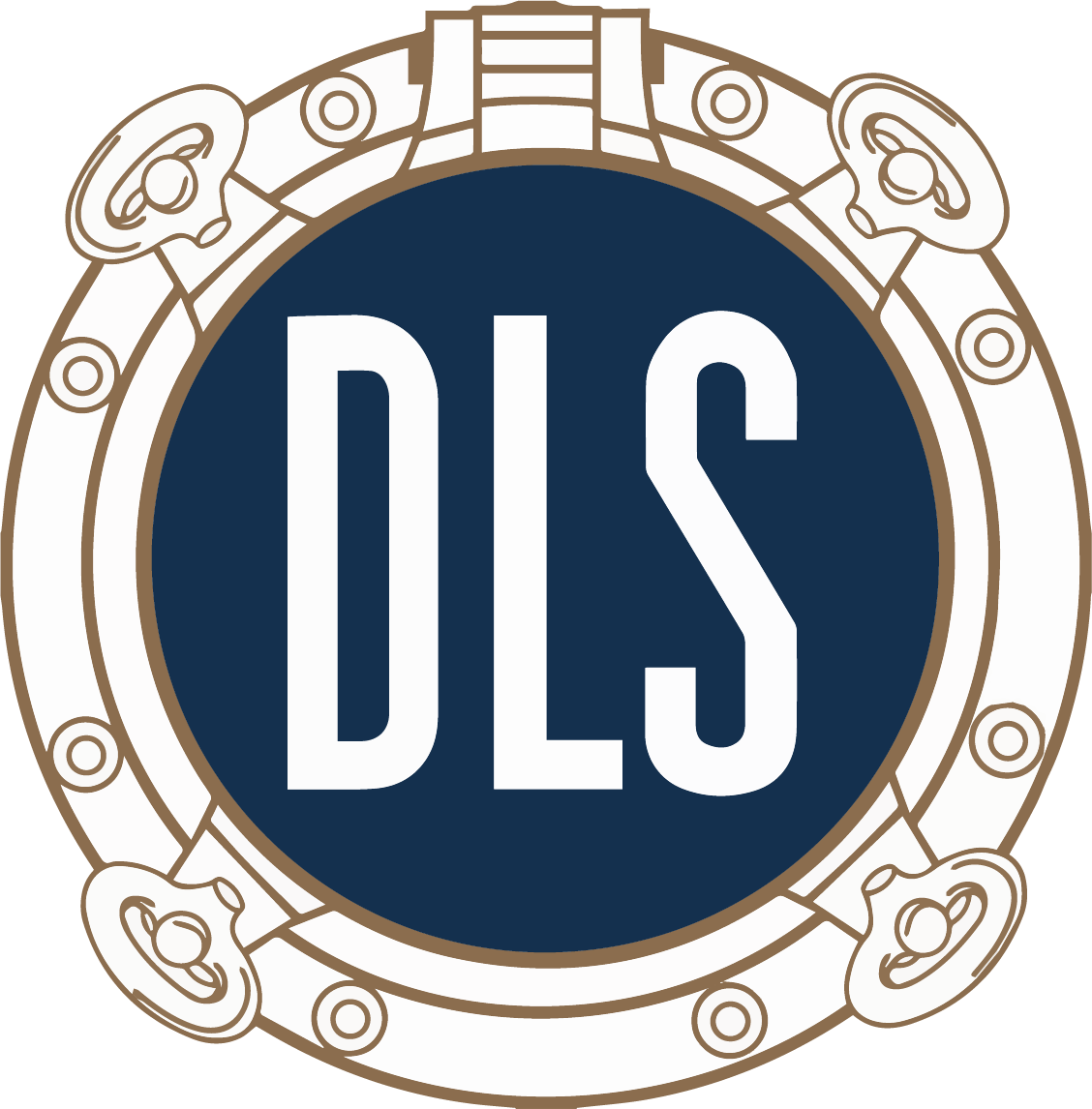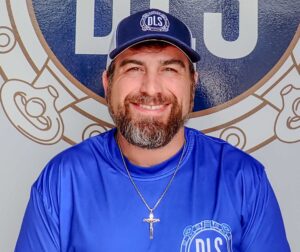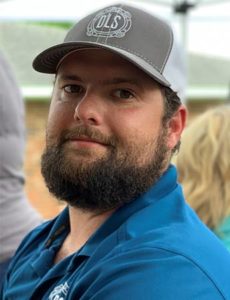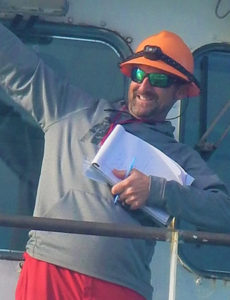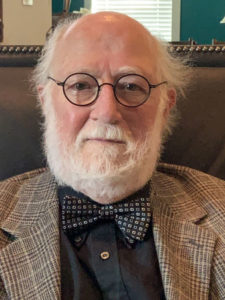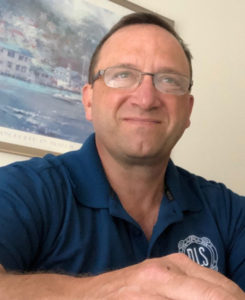- July 14, 2020
- Industry
- Long Green for Long-Lived Greens
DLS Marine surveyors and appraisers have always been current with what has been going on in the marine industry. As members of the National Association of Marine Surveyors (NAMS) and the American Society of Appraisers (ASA), it is necessary for all of us to learn and amass continuing education hours in order to renew our certifications.
As a member of both NAMS and SAMS, I too have to stay current. But I have also taken over the job as Lookout. What matters in our industry is not just what is happening now, but what will be happening in the marine industry in the future.
Those who have read my earlier offerings have noted my coverage of alternative fuels that are in use or will be in use in order to comply with IMO and individual country’s regulations on diesel engine exhaust emissions. While controlling emissions is and will continue to be a very significant factor in ship design, it will not be the only factor that owners and shipyards will be concerned about.
The last splurge in shipbuilding was 2008-2012 which puts the need for replacement tonnage in 2023-2035. For the oldest of these ships, owners, naval architects, suppliers, and shipyards need to know now what they want these future assets to look like. That is, what will go into the ships now to make them, or help make them compliant not only with the current IMO standards but with the individual standards that various countries like China, Singapore, the United States and the Euro Bloc are bringing into force.
I will be looking into some of these choices in future commentaries, but for now we’ll take a look at where some of the funding might be found.
An old slang term for money is long green. National and international regulations are forcing the marine industry to invest in green ships – assets that can have a useful life of 20-to-40-years. Money will be needed to fund these long-lived green ships. Long green for long lived green ships.
There is some help and incentive through international governments, NGO’s and lenders.
The first major “green” step, spurred by various international bodies, was the creation by lenders of the Equator Principles. This is a set of standards for due diligence in supporting lending on projects with environmental and social benefits, particularly in emerging markets. The principles were developed in 2003 with the first lender signing on in 2004. In 2019, there were 94 involved financial institutions from 37 countries. Those in the United States are Bank of America, Citi Group, The Export/Import Bank, JPMorgan Chase, and Wells Fargo.
While the Equator Principles are not directly involved with shipping they can be involved with pipelines, port facilities, and plants that are connected with water transportation.
With the advent of IMO 2020 and IMO 2050, lenders realized that they needed to work with owners and other interested parties to make it possible for shipping to move towards those emission reduction goals. The result is the Poseidon Principles.
These principles pertain to loans, mortgages, leases, etc., on vessel of 5000 or more Gross Tonnes that are in international trade. These are the vessels that fall under the IMO 2020/2050 regulations.
The system is complicated, but its basis is that the carbon intensity and climate alignment in a lender’s shipping portfolio will be measured annually. The metric is carbon intensity, which is the total operational emissions generated per a unit of transport work, i.e., grams of CO2 per tonne-nautical mile. This is derived by collecting information on the metric tonnes of each type of fuel used, the distance traveled, hours underway and the deadweight tonnage and technical characteristics of the specific vessel.
It was proposed that measurements could be done with one of two systems, both based on information that has to be collected for the IMO by owners. The first was through Energy Efficiency Operational Indicator (EEOI). This includes the items mentioned above (fuel used/distance/etc.) plus the amount of cargo carried on each voyage. The second was the Annual Efficiency Ratio (AER) which is like the EEOI but only considers the vessels deadweight capacity and not actual cargo carried per voyage. AER was chosen. While not as accurate as EEOI it was the less burdensome of the two systems.
The point of the Principles is for them to act as a framework to integrate climate considerations into lending decisions in order to promote international shipping de-carbonization.
Signing on to the Principles is obviously good PR. But an incentive is that lenders do not like to make short term decisions on long lived assets and end up with a “stranded asset”. By putting up funds for an ecologically sound ship and/or one that can be maintained or augmented to stay green all through its economic life of 15-to-25-years, depending on the type/service of the vessel, the lender is protecting their collateral. And it is not a situation where a lender has to just make “green” loans. The program is set up like the idea of carbon offsets in that a lender can lend to a good customer for an asset of any design as long as there are more monies put into eco designs as an offset.
As of now there are 18 banks involved representing around $120 billion USD in shipping finance. They are all Euro banks with the exception of Citi Group and Sumitomo Mitsui Trust Bank.
As a great deal of ship financing is now based in China it would be important to get more Asian banks involved.
The US Jones Act fleet is small and much of the tonnage does not fall under IMO rules, but environmental regulations will continue to grow in the United States. It is inevitable. U.S. based lenders will have to make the same kind of decisions about long lived green assets. As environmental rules continue to change domestic vessels that cannot comply risk loss of residual value through economic and technological obsolescence.
Things looked great in 2019. There was future demand. Then came COVID-19 and the portfolios of banks worldwide suffered, although probably more from land-based lending than marine. This has greatly affected bank’s ability to make loans. And there is no question that sectors like cruising and containers have been heavily affected in marine lending.
Banks without spare funds to lend may not be greatly interested in long term greening when current red ink has their attention. But some of the greening technology, such as high efficiency engines and better automation may also make for better profits for the owners which can make sense and cents for lenders. There is also the point that ESG (Environmental, Social & Governance) investment can be a plus for a publicly traded corporations stock value.
There will be recovery, but it may be that new green construction will be riding on state subsidies particularly in the areas of Europe, Asia and South America where short-sea shipping, which works well with alternative fuels, takes traffic off of highways. This can also be done in the United States with the growth of the American Marine Highway system.
Other funding for the new generation of ships will be Equity partners (and their high rates), and long-term charters backed by shippers whose interest includes both definitions of green.
Due Diligence
One of the concerns in the marine industry be it S&P, class surveys, or damage and repair surveys is being able to carry out due diligence. DLS Marine has been able to maintain full staffing in both the office and in the field. Through the months of April, May and June our surveyors have piled up over 55,000 road miles. And, as necessary and when practical, air miles too. We were ready to undertake an appraisal project in Scotland and Scandinavia, but national COVID-19 regulations would not allow us to enter the countries involved.
In a previous offering I gave my opinion that there would be a V financial recovery. Having seen that actions and reactions of governments throughout the world and the economic effects, I am no longer that optimistic and believe a U shape recovery is much more likely.


